Manufacturing Engineering II. - KEXAM1EBNF
Academic year/semester: 2024/25/2
ECTS Credits: 6
Available for: Only for the faculty’s students
Lecture hours: 2
Seminarium:0
Practice: 0
Laboratory: 1
Consultation: 0
Prerequisites: Basics of material technology
Course Leader: Dr. József Bugyjás, Dávid Beke
Faculty: Kandó Kálmán Faculty of Electrical Engineering, 1084 Budapest, Tavaszmező utca 17.
Course Description:
The second part of this subject is about the technologies of the electronics industry. We present the typical technologies, processes and materials used by the electronics industry. We present the manufacturing and assembly technology of circuit modules. Microelectronics is one of the most important field of hitech. To understand the advanced products is necessary to know their technological background.
Competences:
Topics:
1. Introduction to the technology and electronic industry. Short history. Hierarchy of the products; discrete parts, integrated circuits, modules and devices.
2. Electronic interconnection technology. PCB basics: photolithography, screen printing, etching, electroless and galvanic plating.
3. Single and double side PCB; main steps of production. Multilayer PCB-s,
4. High Density Interconnections (HDI); new requirements, new processes. Control methods.
5. Manufacturing of the electronic modules; Surface Mounted Technology (SMT)
Soldering basics. Solder paste printing, device shooting, reflow soldering.
6. SMT II: wave soldering, inspection methods, rework. ESD protection.
7. Test 1
8. Hybrid Integrated Circuits (HIC)
Thin Film HIC: basics of the vacuum technology, deposition methods.
Thick Film HIC: screen printing methods
Thin and thick passive circuits, trimming of resistors
Multichip Modules: types, manufacturing methods
9. Introduction to the semiconductor technology: Materials (silicon and compounds semiconductors), production of high purity materials
Main processes of IC technology: lithography, doping, oxidizing, etching, epitaxy and vacuum deposition methods
10. Micro Electro-Mechanical Systems (MEMS) Technological basics and application examples.
11. Organic and printed electronics: materials, new manufacturing solutions, application examples.
12. Test 2
13. Consultation
14. Consultation
Topics (lab work)
Introduction, safety rules, CNC drilling
PCB manufacturing processes: electroless and galvanic plating
Photolithography, pattern plating, etching
Screen printing, masking, lithography
Component placing, reflow and hand soldering
Assessment: Weeks of lab work may vary! Assessment and evaluation Requirements: Participation in the lectures and lab practices is compulsory. Tests about theory are 25 points each Laboratory work, lab report and the test worth 25 points. Homework essay: 25 points Evaluation of the mid-term mark: 0 – 49 points 1 50 – 59 points 2 60 – 69 points 3 70 – 79 points 4 80 – 100 points 5
Exam Types:
Mid Term Exam
Compulsory bibliography: Gröller György: Electronic technology (presentations and handouts) in the Moodle Lecture presentations and textbook uploaded to Moodle Recommended literature Happy Holden: The HDI Handbook http://www.hdihandbook.com/download.php Issues of the I 007 e-book series: http://iconnect007.com/i007e/ebooks/ Joseph Fjelstad: Flexible Circuit Technology: 2011. http://www.hdihandbook.com/download.php Additional materials uploaded to Moodle
Recommended bibliography:
Additional bibliography:
Additional Information:



